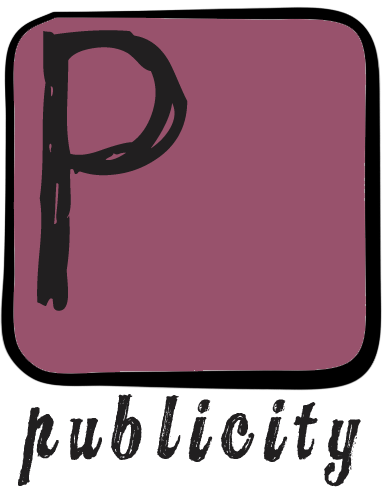The debate has usually centered around whether we should read in order to be entertained or read in order to learn something useful. "Escapist" literature is considered nothing more than entertainment. "Didactic" literature is meant to instill a lesson.
- Mystery, fantasy, romance, action/adventure stories are usually categorized as escapist.
- Allegories, fables and parables are generally thought of as didactic.
Is one better than the other? Should we opt for pure entertainment? Or should we always try to better ourselves through our reading?
I'm all for self-improvement. For years I couldn't get enough of books about improving my body, mind and spirit.
BUT THOSE WERE NONFICTION BOOKS. I BOUGHT THEM FOR ADVICE.
When I read fiction, I never want to be bogged down by a speechifying character giving me the author's views about politics, religion or the social order. Nor do I want a story to be distorted to make the outcome fit the author's philosophical views.
When I read a story in which someone is trying to convince me to believe something or change my opinion about something, I become annoyed. I want to talk back to the writer. I want to defend my position. Sometimes I get mad. Mostly, I want to put down the book. And I usually do.
Because the story and the characters do not hold my interest. The book is merely trying to sell me something. I'M NOT BUYING!
So, you might ask, does this mean I read for pure escape? Are the best stories the ones that take us away from our real lives into an imaginary landscape of aliens or detectives or impossibly beautiful women and handsome men?
I need to escape sometimes. If I didn't get away from the immediate demands of my life, I would be unpleasant to live with. But only up to a point--IF I CAN'T ENGAGE WITH THE CHARACTERS, I CAN'T STICK WITH THE STORY.
You know those action movies, the ones with special effects? The ones where bridges blow up, buildings implode, characters leap twenty feet in the air? One high-speed car chase follows another?
THEY BORE ME SILLY!

Maybe it's the the absence of testosterone in my body, but my eyes glaze, I lose track of the plot, and I start writing my shopping list in my head. I can't stay engaged unless the characters seem to have real conflicts, real emotions, and real relationships.
Maybe the issue is really always the same, whether it's escapist or didactic: the characters and their reactions to their situation have to resemble how we would feel and react. Or at least how someone we know would.
So it's not really and either/or issue. A story has to entertain me so I don't feel I'm being lectured. But I also have to feel I have a stake in the outcome.
That doesn't mean I have to come away from the story with knowledge I didn't have before. I don't expect to learn how to bake an apple pie or build a bookcase from reading a story.
I don't even (necessarily) need to feel I've learned more about the court of Henry VIII after reading an historical novel set in his England. Or more about China before communism from reading a novel set in 1930's China. Though those are very nice outcomes.
What I do need, however, is to feel that
- I have been in the presence of the shifts and tides of human nature
- I have witnessed the ways in which human beings influence and affect each other through their interactions.
- I have been enriched through seeing the workings of the human psyche, the human soul.
So: is it the purpose of fiction to entertain or to teach? Maybe it's both.
When I read a good piece of fiction, I come to understand myself better. At the very same time, I get to escape from myself for awhile.
It's the best of both worlds, don't you think?













